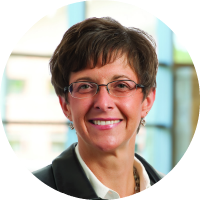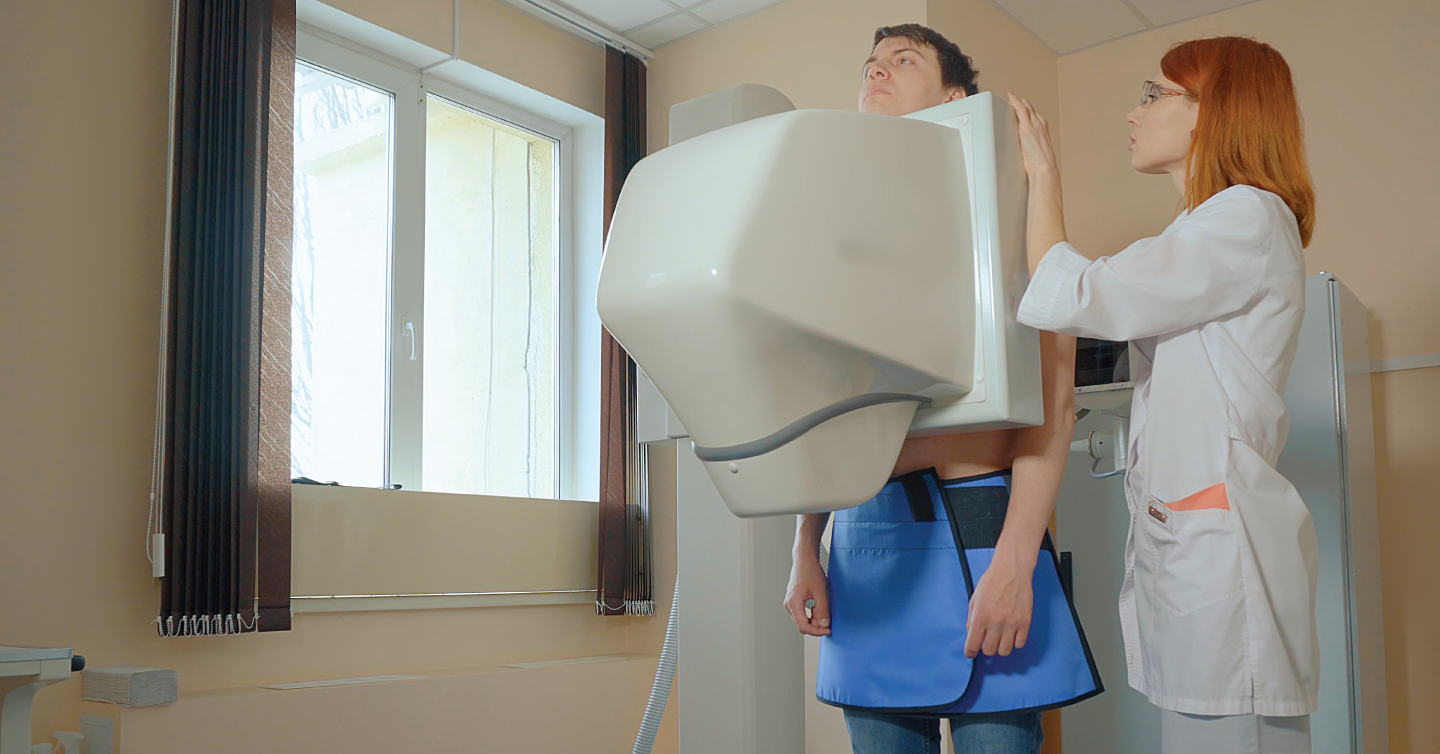October is Breast Cancer Awareness Month. Here’s What You Need to Know

Breast Cancer Facts and How to Lower Your Risk
By Dr. Deidre Flanagan, MD at Ascension Wisconsin
Accepting New Patients
Originally published on 10/21/2020 at 4:15 p.m.
According to the American Cancer Society, about one in every eight women in the United States will develop breast cancer at some point during their lifetime.
The good news is that most women can survive breast cancer if it’s found and treated early.
With October being Breast Cancer Awareness Month, learning the myths and misconceptions, as well as what you actually need to know about this common form of cancer, goes beyond just understanding it better. It could mean the difference between life and death.
Surprising Facts About Breast Cancer
The risk of breast cancer increases with age
Most breast cancers are diagnosed after age 50, making it an important screening for people with breasts to get after their fiftieth birthday.
Family history plays a role in identifying risk
If you have a family history of breast cancer, it increases your chances for developing it; No family history, however, does not mean you shouldn’t get tested or work on preventative steps.
About 85 percent of those diagnosed have no family history. It’s important to understand your family history and talk to your provider about the appropriate age for breast cancer screenings.
It’s common and dangerous
Except for skin cancer, breast cancer is the most common cancer found in women in the United States. In Wisconsin, it is the most common cancer diagnosed in women - more than twice as common as lung cancer.
Early detection is key to a positive prognosis
Early detection through self-exams and screening mammograms can save your life.
The American Cancer Society recommends that women at average risk of breast cancer should start screening mammograms at age 40. Getting these screenings is crucial to lowering the rate of breast cancer, as only 67 percent of eligible women are up to date on their mammograms in Wisconsin.
How important are self-breast exams and mammogram screenings?
- The American College of Obstetricians and Gynecologists (ACOG) recommends a yearly clinical breast exam by your personal doctor.
- Recommendations vary on the importance of monthly self-breast exams, but it’s important to be familiar with how your breasts normally look and feel. Tell your healthcare provider if you feel there is any change in your breasts.
- A yearly mammogram can save your life. These days, with advanced technology like 3D mammography, we can get a clearer picture of your breast health.
- A mammogram can often find and detect breast cancer early, when it’s small and even before a lump can be felt. This is when it’s the easiest to treat.
- No matter your risk, early detection through self-exams and screening mammograms are key to catching cancer when treatment has the best chance of being effective.
Things you can do to lower the risk of breast cancer
You can’t control your genetics or avoid getting older. But there are ways to be proactive about controlling your risk factors.
Maintain a healthy weight
Obesity is a significant risk factor for breast cancer. Both increased body weight and weight gain as an adult are linked with a higher risk of breast cancer after menopause.
Eat a healthy diet
Limit highly processed foods and opt for lean meats, whole grains and fruits and vegetables.
Exercise regularly, don’t smoke and limit alcohol consumption
Alcohol consumption increases the risk for breast cancer, particularly if a woman drinks three or more drinks a week. In 2019, the incidence of excessive alcohol use in Wisconsin women was 27 percent.
See your doctor for annual wellness-checks
If you feel as though you may be at a higher risk of breast cancer due to family history or genetic predisposition, work with your personal doctor to determine your care plan.
Identification and preventative steps are the keys to minimizing the risk of breast cancer
As we continue throughout Breast Cancer Awareness Month, it’s clearer than ever that breast cancer is a threat, particularly in Wisconsin, where it is the leading cancer found in women.
We can also acknowledge, however, that by taking preventative steps, communicating family history and staying up-to-date on physician-recommended screenings, breast cancer is something we can fight and something that is worth fighting with all of our efforts.
If you’re interested in learning more about surgical options for breast cancer, click here. If you’d like to learn more about Dr. Flanagan or schedule an appointment at her Appleton Ascension clinic, you can learn more by clicking here.
For information on how your health plan can help you with preventative steps and treatment options, reach out to us today.
About the Author




